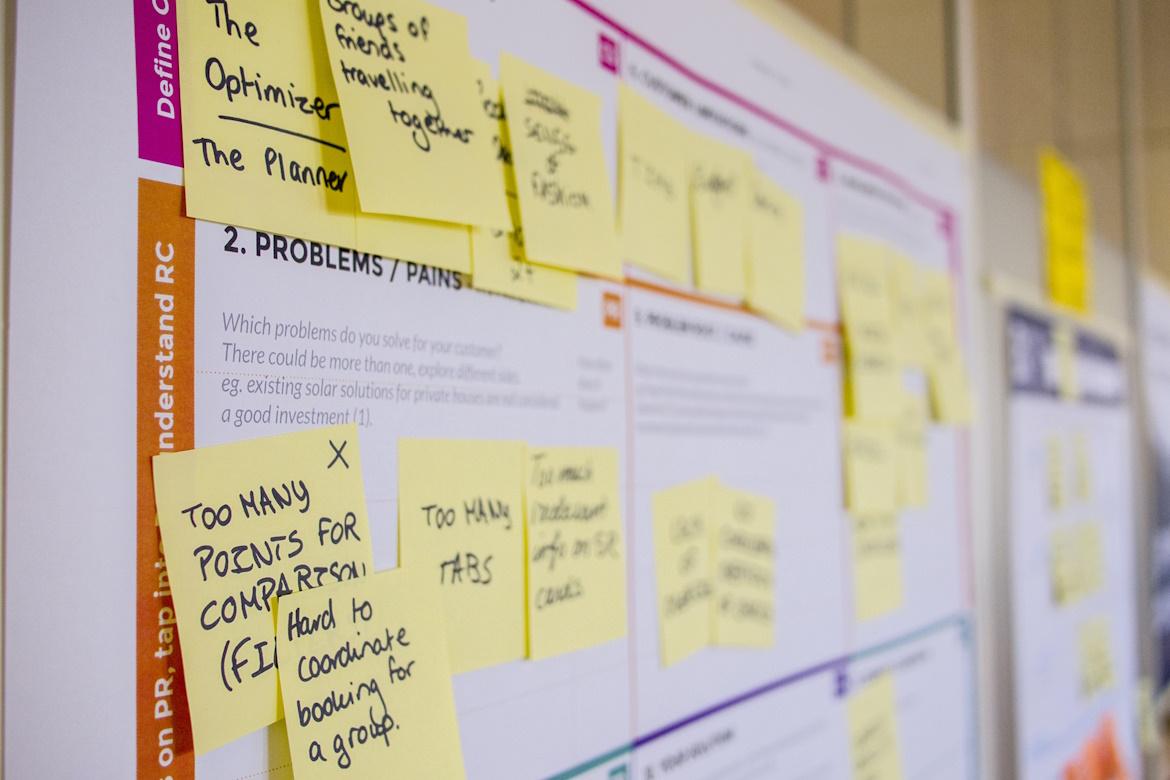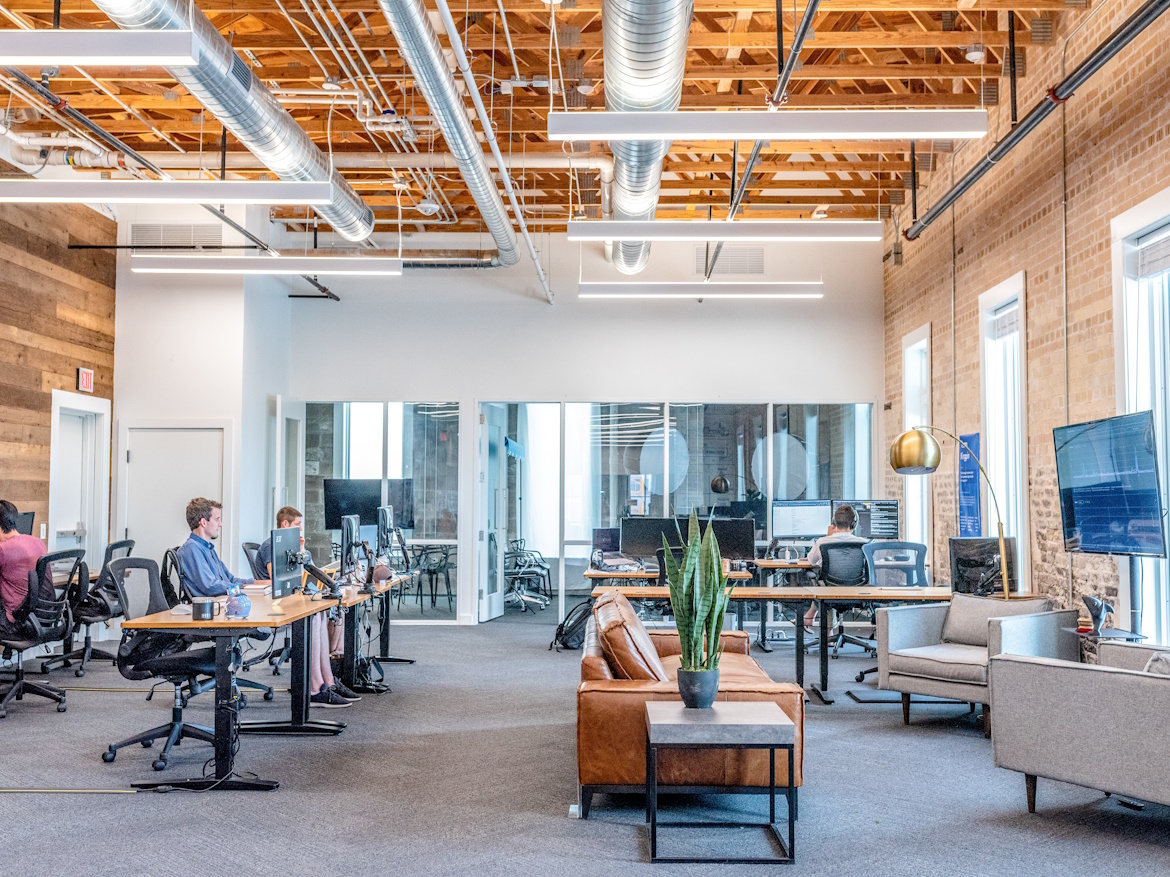Guide to Starting Your Office Search: 15 Things to Consider
So, your business is up and running and you’re ready to move into a new office. Or maybe you’ve already got an office, but you want to move somewhere a little more flexible.
With so many options all vying for your attention, where do you start? Our checklist will guide you through the 15 things to consider when you start your office search.
1. Location: Location, location, location: it’s one of the most important things to consider when choosing an office space. Where do you want your business to be based? City centre locations can be more expensive, but they’re closer to transport links and amenities. Office space in London isn’t the cheapest but we see the largest demand for the capital out of anywhere in the UK.
Think about the following:
• Your employees’ and clients’ travel needs
• Where your competitors are based
• Recruitment – how accessible is the location for interviewees?

2. Terms of Agreement: Consider your company’s cash flow situation. Can you afford to commit to a long-term contract, or would you rather have the option to move out at short notice? Many flexible workspaces provide licence agreements on a monthly basis, allowing you to downsize, scale up or move out when you need to.
3. Layout: Consider the layout of the office space you need. Will you need open-plan or the office partitioned in sections to include director’s offices, private meeting rooms etc. and if fit out is needed, what sort of a budget can you allocate to it? Is the space big enough to accommodate growth in the office if needed?

4. Amenities: In the world of offices, an amenity is something that isn’t a desk space but is just as important. Kitchen facilities, breakout areas, WCs, gyms, meditation/prayer rooms and bike storage are all examples of amenities.
Create an ‘amenity wish list’ that you think will help attract and retain employees.
5. Cost: The prices for flexible workspaces are typically ‘all-inclusive', meaning it covers the workspace you’re occupying and includes bills, furniture, maintenance, internet and cleaning and more. How much can you afford to spend per month? Use the office pricing tool on our website to view the average desk price in different parts of London.
6. Technology: Aside from a superfast internet connection, how important is technology to your business operations? Some offices come with the latest audio-visual equipment for facilitating hybrid meetings and conferences, whereas others are more basic.
7. Privacy and Security: Privacy and security is an important factor that can easily get overlooked. If you’re looking for a coworking space, this may not be at the top of your priorities because you might take your equipment home with you etc. But if you’re keeping laptops or other business critical equipment in your office, handling sensitive data, or making confidential calls, you’ll want to pay a particularly close eye to the building’s security features.
8. Maintenance: Can you afford to keep up with the maintenance of your building? Most flexible workspaces are run by an operator who takes care of maintenance. Find out what’s included and what the procedure is for reporting a building issue.
9. Expansion: Are you planning to expand any time soon? Moving office can be a bit of an upheaval, so if you’re employing more people soon it could be worth opting for somewhere that can accommodate your growth.
10. Branding: Choose an office that aligns with your brand aesthetic and values. Once you’ve shortlisted a few offices, find out how much ‘ownership’ you’ll have over your new space. Are you allowed to paint the walls and hang artwork, for example? If you’re trying to achieve Net Zero, consider the office’s own carbon footprint as this will affect yours.
11. Accessibility: Is the building wheelchair-friendly? Consider the needs of your current and future clients and employees. An inclusive design should be high up on your agenda.
12. The Social Aspect: How important is socialising to your and team? Many flexible workspaces host their own networking and social events that are free to their members. It’s a great way to get to know others in the building – and could even result in a new client.

13. Travel: This links to location, really. If most of your employees drive to work, is there ample parking? What about those who rely on public transport? People will be more reluctant to travel into the office if they need to put up with a long and stressful commute.
14. Furnishings: Can you afford to fit out and furnish your space? If you’re cash-strapped or are renting your office on a short-term basis, it might be worth opting for somewhere that comes with ergonomic desks and chairs. You won’t own the furniture, but they’re included in the price of the office and you won’t have to worry about removing the furniture when it's time to move out.
15. Storage: Finally, think about your storage requirements. Some offices come with small lockers whereas others provide larger storage facilities depending on a client's needs.
Start your office search on the right footing by figuring out what exactly it is that you need. Get factors such as the location, amenities and social side right, and you’ll have a much better chance of keeping your employees and clients happy.